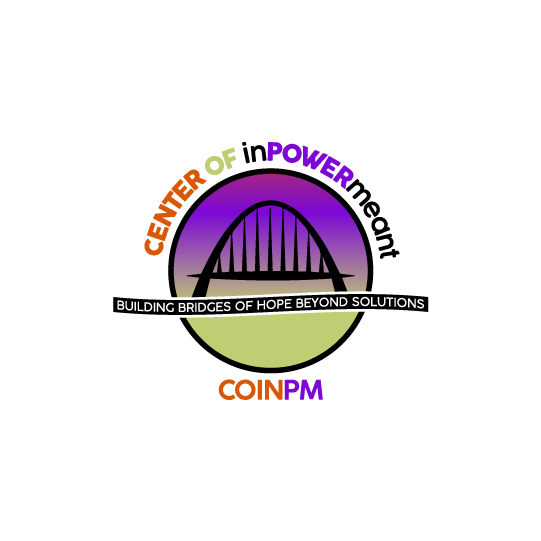Cultivating Self-Care:
While Experiencing Race-Based Trauma that follows Social Crises
published by Briana Gaines
Briana Gaines, MA, LAC, NCC; Aiesha Lee, MA, LAC, NCC; Amanda Evans, Ph.D., LPC, NCC, BC-TMH; A. Renee Staton, Ph.D., LPC
Cultivating Self-Care
People of color experience racism, discrimination, and aggression that affect their mental and physical health. Racial incidents can be traumatizing and affect both children and adults who identify as an ethnic minority. This type of trauma can be referred to as Race-Based Trauma and involves ongoing injuries, which can be both direct and vicarious, through exposure and re-exposure of wounding incidents.
Why Does It Matter?
If pervasive enough, psychological and physiological trauma can produce intergenerational effects.
Effects of Race-Based Trauma include flashbacks, hyper-vigilance, suspiciousness, avoidance, nightmares, depression, anger, numbness, and anxiety.
Why Practice Self-Care?
Self-care helps you engage in a healthy relationship with yourself.
Stress, in small doses, can be motivating (eustress), however, too much stress can be toxic. Self-care helps you to cut down on toxic stress and helps to improve your mood.
Your needs are important too!
Tools that may assist during this time:
1. FIND YOUR COMMUNITIES OF SUPPORT
Social support has traditionally played a significant role in the lives of Black Americans, as well as, indigenous people of our Americas. Typically, this has been done through relationships with family (immediate and extended), churches, friends, and the community itself
Having the support of at least one other individual can play an important role in coping.
Individuals that have social support have been shown to decrease their risk of depression, alleviate anxiety, and were less affected by stressful life events.
2. TAKE TIME TO DISCONNECT
It's natural to want to immerse yourself in updates and breaking news. Just be mindful of how much time you dedicate to media exposure.
Too much exposure to social media and news coverage can become overwhelming.
Find ways to stay informed without becoming inundated by information.
3 MAKE YOUR MENTAL HEALTH A PRIORITY:
Physical health is typically prioritized over mental health, however, your mental health is just as important!
You should conceptualize your mental health in the same manner as you do your physical health. Be preventative and not reactionary!
The World Health Organization defines health as "a state of complete physical, mental, and social well-being and not merely the absence of disease or infirmity."
Think holistically about health and well-being as to include mental health.
You cannot pour from an empty cup! Make time to connect and speak with a mental health professional.
4 Get Active
Exercise and activity help to boost the body's feel-good hormones, which cause an increase in mood, helps to manage stress and improves general health.
Getting active doesn't just mean hitting the gym. It includes things like yoga, going for a jog, taking a walk outside, or even a group aerobics class!
5. Find your own way to advocate
Advocacy feels more necessary than ever right now. Remember that advocacy looks different for every individual. Think about the skills, resources, talents, and platforms you have and how they can be used to spread awareness.
Advocacy can look like:
art
infographics
music
pro-bono work
protests
social media campaign
And so much more!
Center of inPOWERmeant Inc. 501c3 (COINPM) offers monthly online support groups for Caregivers and Grief support. Both groups extend beyond the traditional understanding of caregivers and grief support. As a caregiver, it may include caring for a sick spouse, parent, child, or extended family or friend. What is “normal” has changed, it may also include, being a home school parent, or telework. Which leads us into Grief Support. Grief support may include the passing of a loved one, divorce, or the loss of a job and or stable income. The inability to have traditional funerals or celebrations of life. Lifestyle change. All of these dramatic changes have the potential to create grief and sadness in your life. Everyone needs a safe place to express authentic feelings and emotions in a healthy environment. We are here as a bridge during your times of transition and change.
